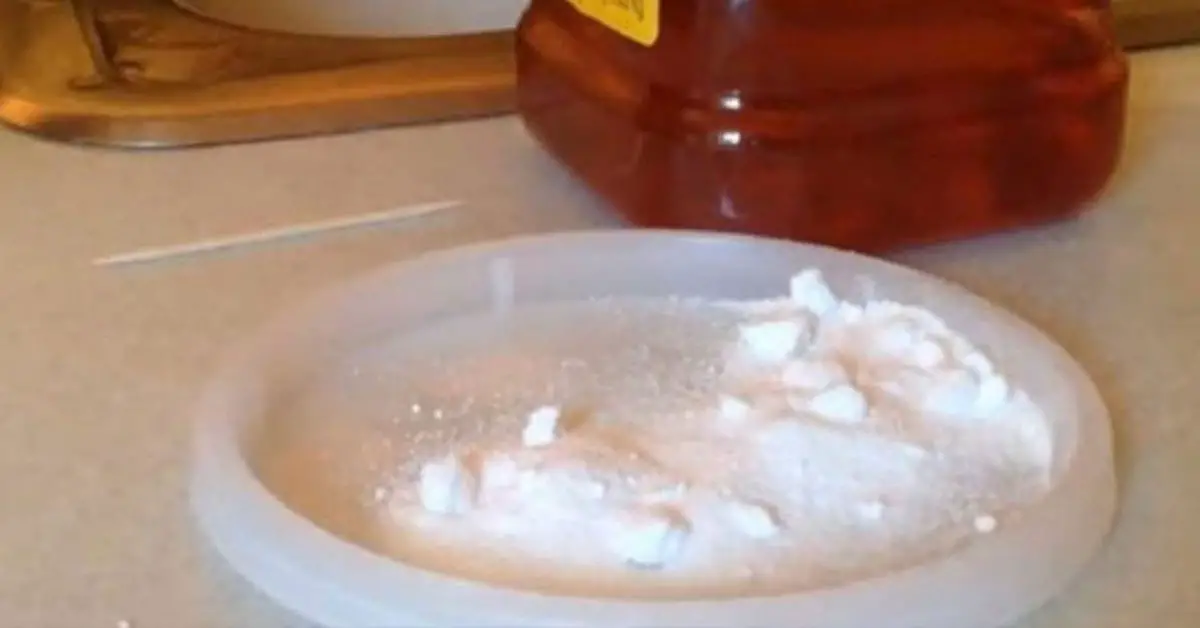Spring and summer are such wonderful months of the year. The weather is warmer, the days are longer, and the plants and trees are full of life again. The downside to all of this is the bugs, especially the ones that find their way into your home. Getting rid of them is tricky, especially if you don’t want to use nasty chemicals or expensive exterminators. These are some natural pest control techniques for even your worst insect infestations.
Natural Pest Control for Fleas, Ants, and Roaches
Ants, fleas, and roaches are some of the most common house intruders. They can also be some of the hardest to get rid of. Here are our top tips for natural, DIY pest control in your home.
Pest Control for Ants
Getting rid of ants naturally is not as complex as you might think. Depending on the severity of your problem, you may have to exterminate them altogether. Whatever you decide, these are the simple, chemical-free ways to do so.
- Ant Repellent
- Lemon Juice: Spray lemon juice entry points (doors, windows, baseboards, any wall cracks). Ants are sensitive to scents and lemon is too much for them.
- Chalk: The calcium in chalk has shown to be an ant deterrent. Draw chalk lines around or in front of the places you don’t want them to go and watch – they won’t cross the “barrier”.
- Cornmeal: Both indoors and outdoors on their nests, sprinkling cornmeal has shown to make the ants go away.
- Cinnamon and clove: Another scent deterrent, a mixture of these two powders sprinkled around entry points and ant gathering areas will send them away.
- White Vinegar: A half-and-half mixture of water and vinegar sprayed in popular ant areas will push ants to change their hang-out spot.
- Ant Killer
- Borax: Borax is a natural ant killer. Combine it with sugar or honey and dish soap to make a spray, or soak cotton balls in a borax-sugar solution and place in ant areas. They will be attracted by the sugar and carry it back to their nest, where it will kill their whole colony, including the queen.
- Red Pepper: Evidently, ants don’t like spicy food. Cayenne pepper powder poured into cracks and anthills will kill them. You can also add cayenne powder to boiling water and pour that into the ant hole to be extra-effective.
Pest Control for Fleas
Especially if you have pets, you’ll be aware of just how horrific a flea infestation can be. Here’s how to solve your flea problem naturally:
- Borax: To kill fleas, sprinkle borax powder on affected surfaces, including floor. Leave it for 12 to 48 hours before vacuuming up. You may want to send kids and pets to the grandparents house until this job is done to keep them from accidentally ingesting the powder.
- Dish soap: Dish soap kills fleas. Pour water into shallow dishes and place them near light. Add a few drops of dish soap and let them do their work.
- Rosemary: This one is for removing fleas from your pet. Steep one or two cups of fresh rosemary leaves in boiling water. Once cooled, add it to your pet’s bath water. Allow your pet to air dry after their bath.
- Apple cider vinegar: Adding one capful of ACV to your pets drinking water every day will make them naturally less appealing to fleas.
Roaches Repellant
Let’s be real here: roaches are disgusting. They are not as invincible as they may seem, however, when you know the right tricks.
- Borax: Apparently, borax is the catch-all natural ingredient for pest control. Make a mixture that is 3 parts borax to one part sugar and sprinkle it in and around roach areas. Once they eat it, the borax will cause their insides to disintegrate.
- Baking Soda: Baking soda acts similarly to borax when ingested by roaches. Mix it with powdered sugar to coax them into eating it.
- Diatomaceous Earth (DE): Completely harmless to pets, DE will cause roaches (and other bugs) to dry up from the inside out. Place it around the house to get rid of your roach problem.
The Bottom Line
No one likes pests in their home, but it is important to protect our environment by avoiding the use of toxic chemicals. Try some of these natural pest control tricks to see which ones work best in your home.
Keep Reading: Here Is How To Make A Natural Repellent For Wasps And Bees

